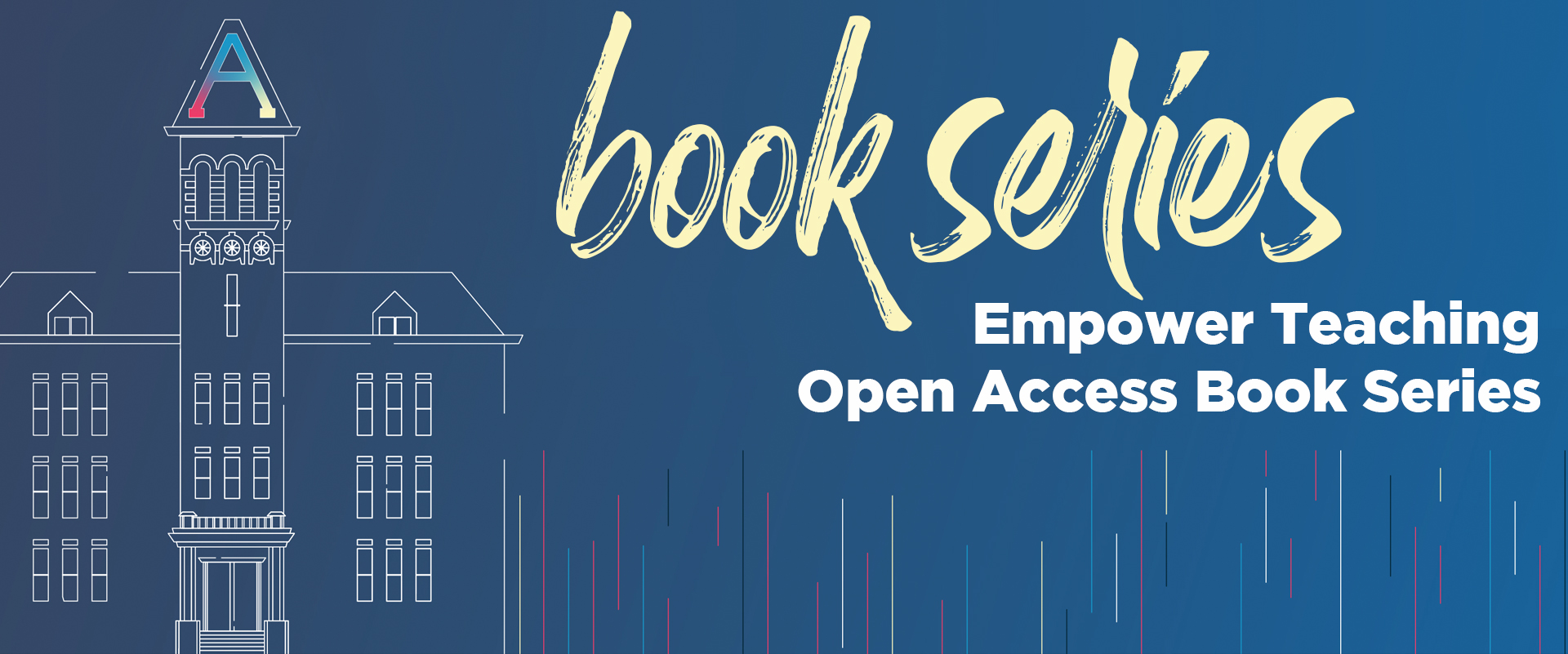Document Type
Chapter
Journal/Book Title/Conference
Habits of Mind: Designing Courses for Student Success
Editor
Julia M. Gossard & Chris Babits
Publisher
Utah State University
Publication Date
2023
First Page
303
Last Page
314
Creative Commons License

This work is licensed under a Creative Commons Attribution-Noncommercial-No Derivative Works 4.0 License.
Abstract
During any given semester, my most engaged students send me materials related to what we are discussing in class. I always appreciate students’ excitement about the course content and the opportunity to experience different forums for conversation with my students. As the years have passed, however, more of the material students pass along comes in the form of YouTube videos. These videos will often star popular YouTube personalities who create content that has millions of views. Sometimes, the ideas the students pass along come in the form of short TikTok videos. This is all fine and even entertaining until this material starts to make its way into coursework. While I do not mind if the Internet sparks interest in my students, I would prefer that social media “influencers” do not shape the content of my student’s papers, since ideas presented in that medium are not subject to any sort of peer review or fact checking.
This became a challenge with the final assignment at the end of each of my ethics courses. Students must grapple with a contemporary moral issue in the form of an argumentative paper. At first, I was quite flexible about the moral issue they selected. I encouraged them to pick a topic that was interesting to them. I have had students write on the kind of issues you might imagine in a course on ethics, such as abortion, euthanasia, or the death penalty. But I have also had students write on issues like the obligation states have to provide inclusive sex education that acknowledges that not all people are cisgender or heterosexual or our moral obligations to find alternate forms of energy in response to the threats posed by global climate change. For this freshman-level undergraduate course, the final version of the paper is five double-spaced pages long. I want the process to be meaningful for them; they use this as an opportunity to apply the knowledge they gained in the class. For years, however, it seemed that some of the students were not taking the assignment seriously and were instead completing it in a rushed way right before it was due at the very end of the semester. This led them to use the information-gathering practices that are at their fingertips—the sites they are most familiar with on the Internet.
Over the past several years, I have changed the design of my ethics courses to create a better learning experience for students that also overcomes the common challenges we have faced in the past. The assignment is now more narrowly tailored to achieve the Habits of Mind and portable skills that I am hoping to nurture in my students in these classes. In particular, I try to develop Habits of Mind identified by Costa and Kallick (2009) such as questioning and problem posing, listening with understanding and empathy, persistence, and thinking about their thinking. In this chapter, I first outline my course objectives in the form of the Habits of Mind. I then discuss the assignment I gave my students originally and identify the challenges and shortcomings it posed. Then, I outline my new approach and detail how it is better suited to achieve my objectives.
Recommended Citation
Robison-Greene, Rachel, "Chapter 17- TikTok is Not Peer Reviewed: Modifying Assignments to Nurture Habits of Mind" (2023). Habits of Mind. Paper 19.
https://digitalcommons.usu.edu/habitsofmind/19



Comments
PDF version 2 uploaded 23-12-06.